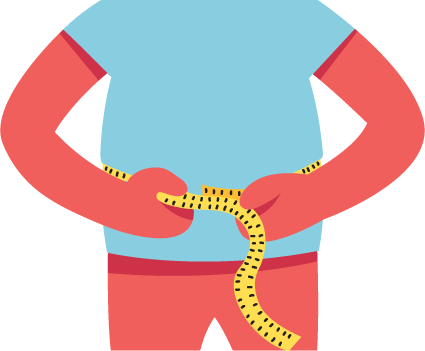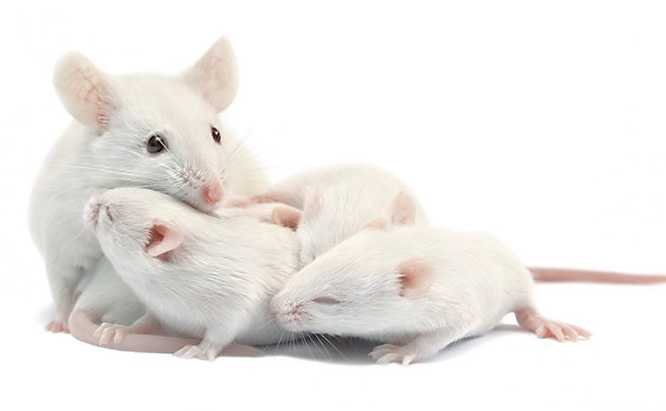
Timing Obesity: Can “When” We Eat be Just as Important as “What” We Eat?

Obesity is a struggle many of us are familiar with. Image via https://www.choosetolivebetter.com/
There’s no doubt that obesity is a terrible thing for anybody to go through. From the well-established links to cancer and diabetes to the emotional struggles that being overweight or obese can lead to, obesity and being overweight are issues that most of us would like to leave behind for good. Sadly, 40% of US adults today are obese, another 33% are overweight and this number is steadily climbing. Numerous diets and weight loss regimens have been implemented across the globe, and the struggle to lose weight is one that many of us can relate to.
Here is where the good news comes in: a new study has revealed a bit more insight into the impact of snacking between meals has on our waistlines. In a study published in the journal Current Biology, University of Virginia biology professor Ali Güler demonstrates that the pleasure centre of the brain (that produces dopamine) and the biological clock in the brain (that regulates physiological rhythms) are linked. What does this mean? Well, simply put, high-calorie foods such as snacks may well bring pleasure, but also disrupt normal feeding schedules that can lead to overconsumption due to knocking the biological clock out of whack.
Guler’s team used mice to mimic the availability of fats and sugars in a 24/7 diet and demonstrated that snacking eventually leads to obesity and subsequent health problems. During the experiment, one group of mice were fed a diet designed to replicate a normal diet for wild mice and consist of the same levels of calories, fats, and sugars. These mice maintained regular eating and exercise schedules. The second group of mice, however, were fed a high-calorie diet laden with fats, extra sugars, and more calories. These mice began snacking on these foods at all hours of the day and became obese.
Gular states that given how prevalent obesity has become in today’s society, more medical, scientific research and funding are needed in order to continue to combat the growing epidemic of overeating and becoming overweight.

White mice are often used in science because their genetics closely resembles that of a human. Image via https://www.victorpest.com/
While we champion body positivity and acceptance here at TuneFM, there is no doubt that the link between being overweight and health consequences cannot be argued. However, we can remain optimistic that more research and studies will discover the remaining secrets behind the human body’s susceptibility to behaviours that lead to obesity.


